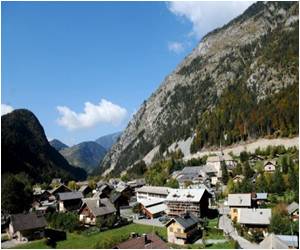A new report authored by a team of scientists claims that climate engineering may not help us get through climate change

"Some climate engineering strategies look very cheap on paper. But when you consider other criteria, like ecological risk, public perceptions and the abilities of governments to control the technology, some options look very bad," says Jonn Axsen.
The assistant professor in SFU's School of Resource and Environmental Management is a co-author on this study, which appears in the latest issue of the peer-reviewed journal Frontiers in Ecology and the Environment. It is the first scholarly attempt to rank a wide range of approaches to minimizing climate change in terms of their feasibility, cost-effectiveness, risk, public acceptance, governability and ethics.
It states reducing emissions, through some combination of switching away from fossil fuels to low-carbon energy sources, improving energy efficiency, and changing human behaviour, is still the most effective way of confronting climate change.
The authors note though that some approaches to climate engineering are more promising than others, and they should be used to augment efforts to reduce the climate-change effects resulting from human activity. For example, strategies such as forest management and geological storage of carbon dioxide may be useful complements.
Other climate engineering strategies are less appealing, such as fertilizing the ocean with iron to absorb carbon dioxide or reducing global warming by injecting particles into the atmosphere to block sunlight.
Advertisement
"This is a surprisingly cheap way to reduce global temperatures, and we have the technology to do it. But our study asked other important questions. What are the environmental risks? Will global citizens accept this? What country would manage this? Is that fair? Suddenly, this strategy does not look so attractive."
Advertisement
The authors hope their study will help the public and decision-makers invest in the approaches with the largest payoffs and the fewest disadvantages. At stake, they emphasize, are the futures of our food production, climate and water security.
Source-Eurekalert









